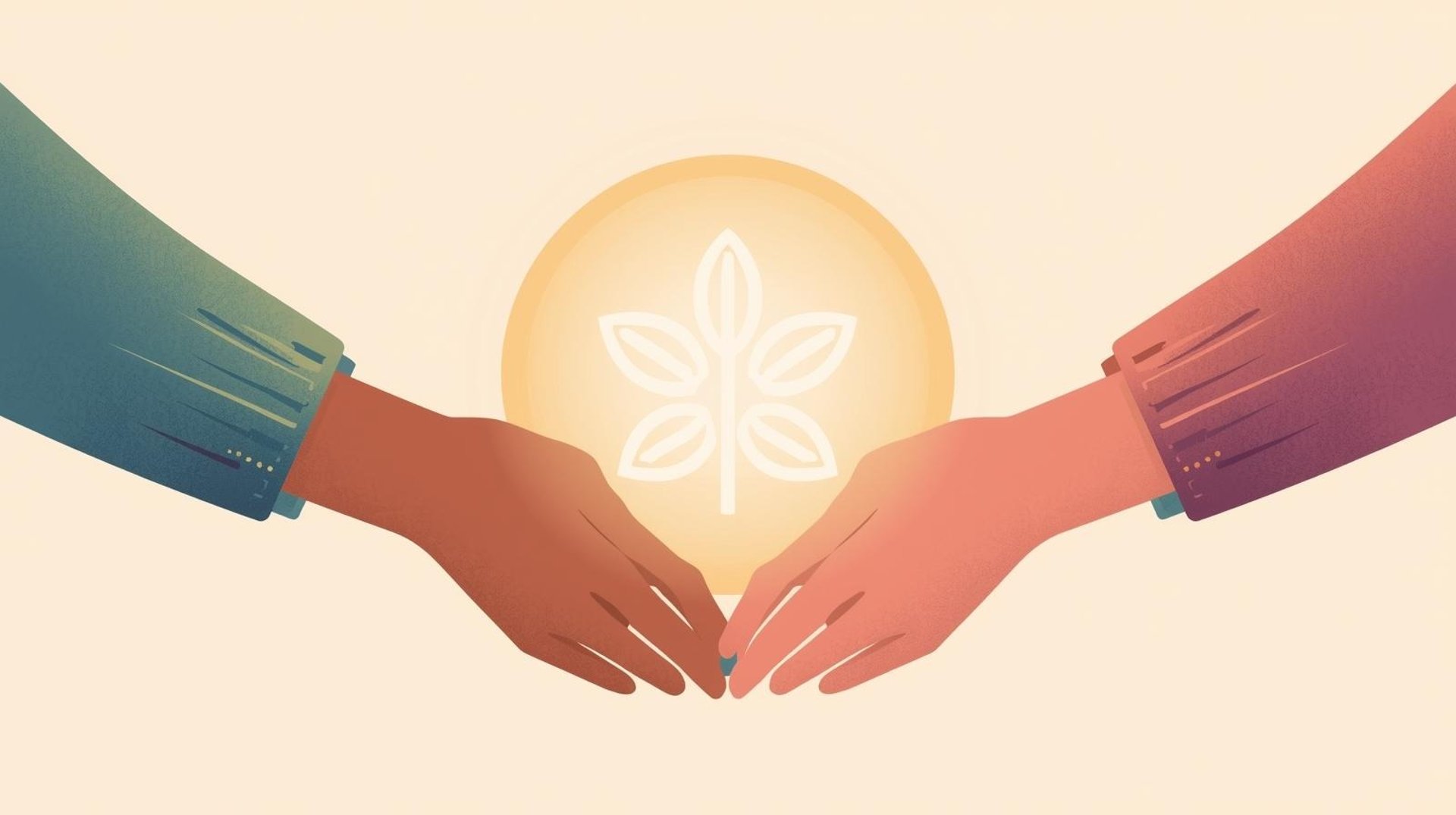
Strengthening Relationships While Protecting Your Mental Health
Relationships can be one of the most rewarding parts of life, but they can also be demanding. In the effort to nurture a partner, friend, or family member, it’s easy to neglect your own well-being. The truth is, a relationship is strongest when both individuals are emotionally healthy. Protecting your mental health isn’t selfish—it’s essential. Here’s how you can strengthen your connections while staying grounded within yourself.



Strengthening Relationships While Protecting Your Mental Health
Relationships can be one of the most rewarding parts of life, but they can also be demanding. In the effort to nurture a partner, friend, or family member, it’s easy to neglect your own well-being. The truth is, a relationship is strongest when both individuals are emotionally healthy. Protecting your mental health isn’t selfish—it’s essential. Here’s how you can strengthen your connections while staying grounded within yourself.
1. Communicate Honestly and Kindly
Open communication is the backbone of a strong relationship. Share your needs, boundaries, and feelings, but do so with empathy. Honest expression reduces misunderstandings, while kindness keeps the dialogue constructive rather than confrontational.
2. Set Healthy Boundaries
Boundaries are not walls—they are bridges that keep relationships respectful and balanced. Whether it’s needing alone time, space to pursue personal hobbies, or clarity about what behaviors you won’t tolerate, boundaries protect your mental health while building trust.
3. Prioritize Self-Care
A healthy relationship starts with a healthy self. Exercise, meditation, journaling, or even quiet downtime aren’t luxuries—they’re necessities. When you take care of yourself, you bring more patience, energy, and presence to the relationship.
4. Practice Active Listening
Being truly present when your partner or loved one speaks fosters connection. But active listening doesn’t mean losing yourself—it means engaging while staying aware of your own emotional responses. Balancing empathy with self-awareness prevents overwhelm.
5. Share Responsibilities, Don’t Shoulder Everything
Relationships can feel unbalanced when one person takes on too much. Sharing responsibilities—whether emotional, financial, or practical—creates mutual respect and prevents burnout.
6. Seek Growth Together and Individually
Encourage each other’s personal goals while cultivating shared experiences. Individual growth keeps you fulfilled; shared growth strengthens the bond. A healthy relationship honors both independence and togetherness.
7. Know When to Seek Help
Sometimes, professional guidance—whether through therapy, counseling, or support groups—can offer tools for maintaining both relationship strength and mental health. Seeking help is a sign of strength, not weakness.
Closing Thought
Strengthening a relationship while protecting your mental health isn’t about choosing one over the other—it’s about balance. When you care for your own well-being, you create a foundation of stability and self-respect that naturally enriches the connection. A strong relationship is not built by losing yourself, but by showing up as your whole, healthy self.
